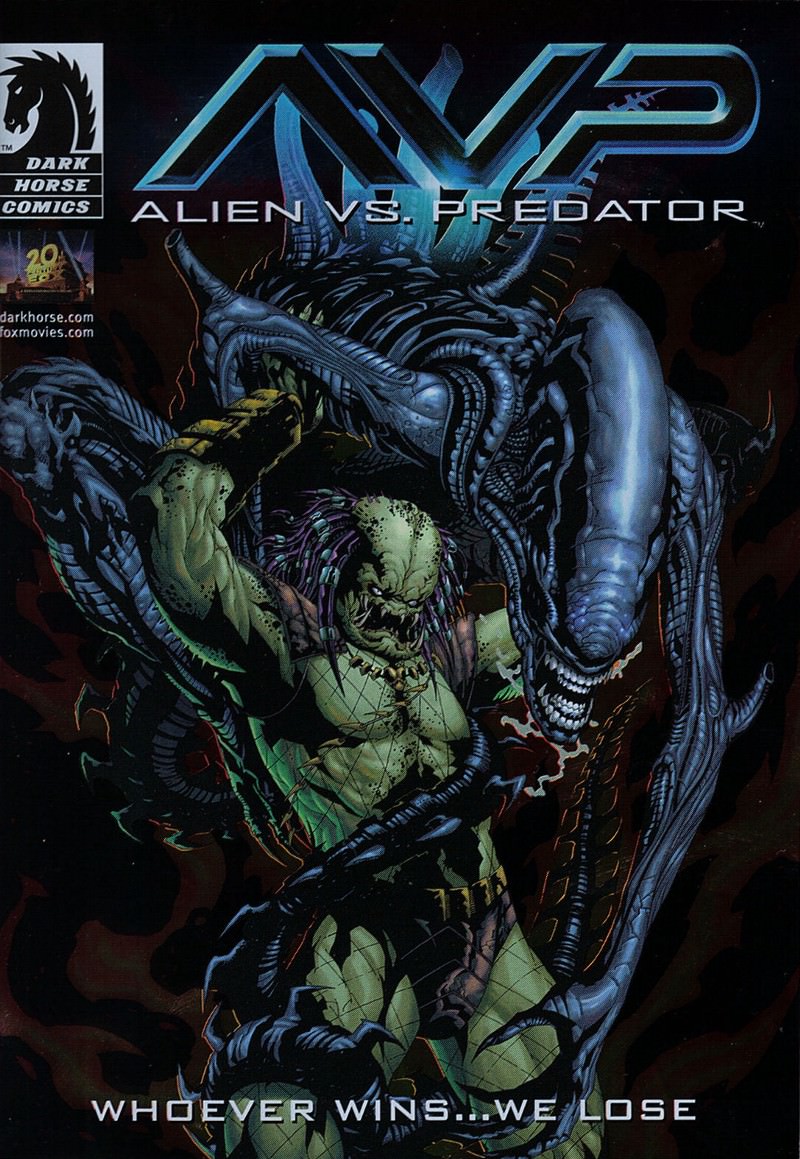
Amongst the casualties of the post-Arab Spring era are the Arab world’s dwindling number of individuals who identify themselves as Liberal. Historically Liberals are individuals who believe in progressive political, religious and social reforms and advocate increasing personal freedoms of expression and belief. Liberalism has its roots in the Enlightenment era and was championed by 17th century English philosopher John Locke who initially proposed the idea of the Separation of Church and State. That idea went on to inspire US Founding Father Thomas Jefferson who considered Locke to be one of “the three greatest men that have ever lived” (the other two were philosopher Francis Bacon and physicist Isaac Newton).
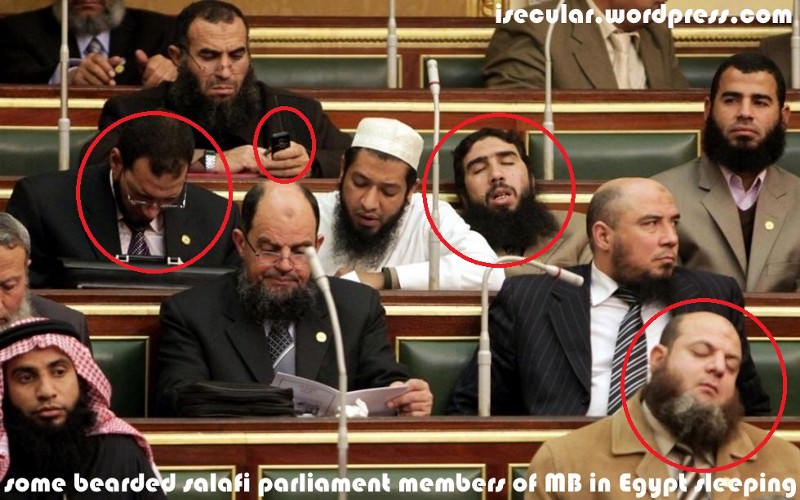
While in the West Liberalism has historically been regarded in a positive light in the Arab world is has morphed into an insult. Arab Liberals are certainly partly responsible for this negative association. Following the Arab Spring many Liberals were willing to accept, despite deep reservations, the entry of Political Islamists into mainstream politics. However their experience with Political Islam was almost immediately soured due to the opportunism and incompetence of Political Islamists and many Liberals initially either implicitly or explicitly supported a counter revolution with deadly consequences. Following a brief marriage of convenience between Arab governments and Liberals that saw the end of the wider Political Islam project Liberals were discarded and replaced by more pliant alternatives.
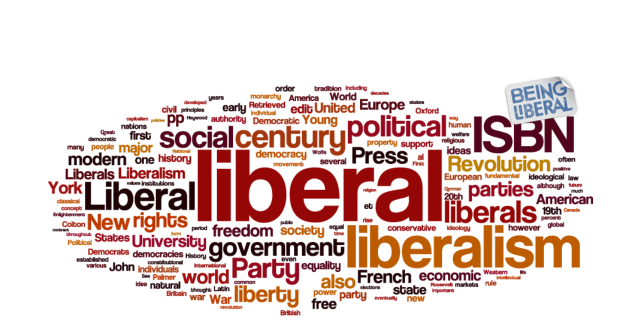
Today Liberal thought in the Arab world is under siege. On one hand the word Liberal has become an accusation used by both Islamists and Ultra Nationalists (as well as Leftists who were earlier victims of the governments’ ideological purge). However being a Liberal has different connotations for both camps. For the Islamist camp secular Liberals are halfway to being non-believers. They are to be either proselytised to or avoided altogether. For Ultra Nationalists, Liberals are untrustworthy ingrates who cozy up to government critics and may even sympathise with some demands of Political Islamists such as licensing civil society organisations and representative democracy.
Six years on from the Arab Spring Liberals are increasingly squeezed out of the (almost non-existent) political scene. Their columns either don’t appear in national newspapers or are subject to censorship, they are not invited to appear on local television stations, their public talks are routinely cancelled and in some instances people are “advised” to steer clear of them and not appear with them on panels or even visit them at home. As such Arab governments not only tolerate the marginalisation of Liberals, they actively encourage it. The rationale of the Arab governments is that the current regional political situation is unstable (when wasn’t it?) and national unity at the expense of everything else is prioritised.
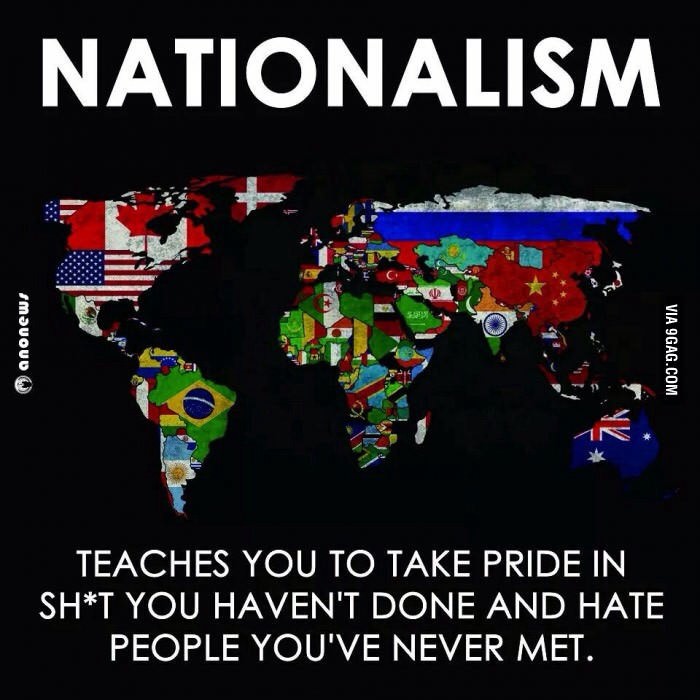
The contemporary Ultra Nationalists should not be confused with the pan-Arab nationalists of the 1960s as their scope is narrower and exists almost exclusively within the borders of the nation. Narrow-minded Ultra Nationalist ideals are now permeating the Arab world which just a few decades ago espoused a collective sense of belonging. There are also two forms of Islamism at play here, the first being the activist strain of Political Islam that has won seats in various parliaments while the other strain is the more yielding pacifist Islamism of religious scholars who shun politics but maintain close links to government officials. In more than one country in the region Ultra Nationalists and government appointed Islamic preachers attempt to outdo each other in terms of incitement on social media, television and newspapers against minorities and non-Muslims. Surprisingly (or not surprisingly) they are both feted in national forums and invited to meet national and foreign dignitaries while Liberals continue to be marginalised. Furthermore, Ultra Nationalists are given extensive powers to influence long term policies such as writing constitutions and school curriculums.
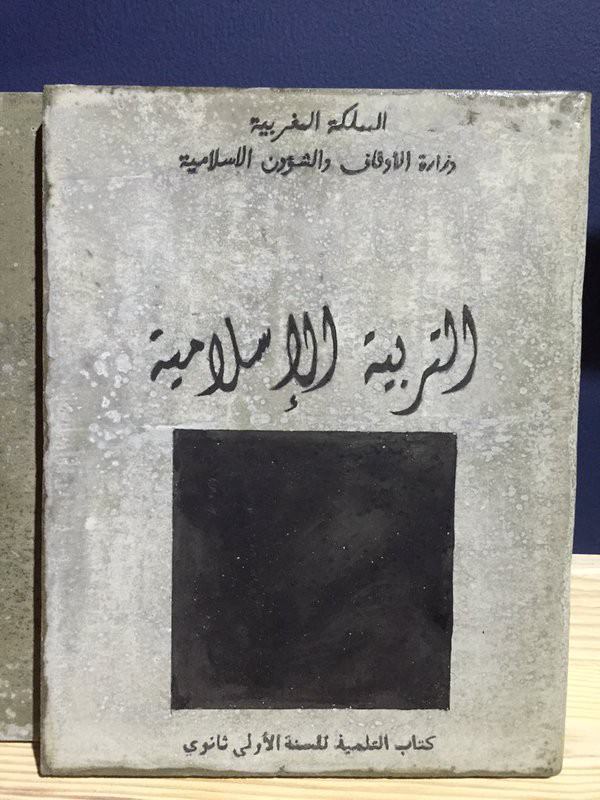
Intriguingly many Ultra Nationalist Arabs try to out-Muslim their Islamist rivals in order to prove that they are not against religion. Governments, working with their Ultra Nationalist allies, have launched a crackdown on activities including musical concerts and championed an emphasis on religion under the guise of protecting moral decency. For Liberals the end result of shrinking freedoms appears to be the same whether it was carried out by Political Islamists or Ultra Nationalists.
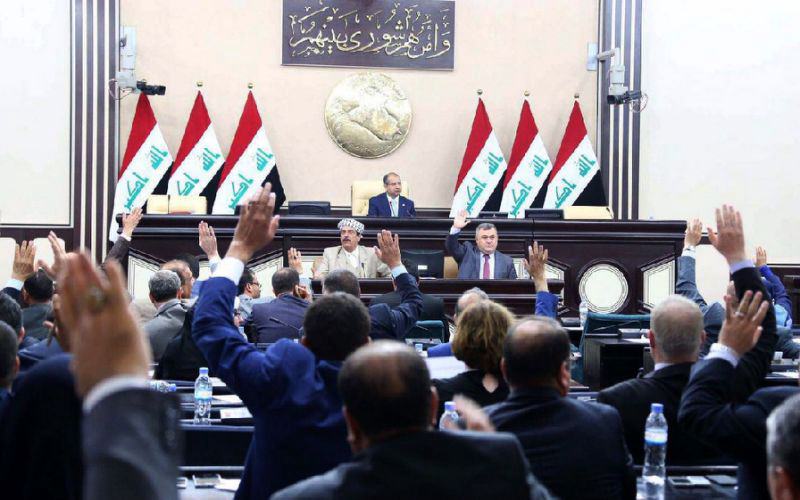
In some Arab countries where Islamism and Ultra Nationalism vie for space and recognition the governments allow limited islands of Liberalism to exist in controlled environments such as in universities (many of which are Western) but it is made clear that the tolerance for Liberalism is strictly limited to within the confines of such Liberal islands. On a visit to one such university a few years back I noticed a rainbow flag hanging from a balcony while elsewhere books that are normally banned in mainstream bookshops are allowed in these specific university libraries. There also happens to be a crisis of and within Liberalism in the Arab world. Liberal leaders are too few and far in between partially as a result of the successful Arab government policies of isolating them. As usual, Kuwait which has led political reform in the region has presented examples of modern and contemporary leaders of Liberal thought from the late Ahmad Al Baghdadi to the enigmatic Nasser Dashti who uses social media and his TV appearances to debate Islamists.
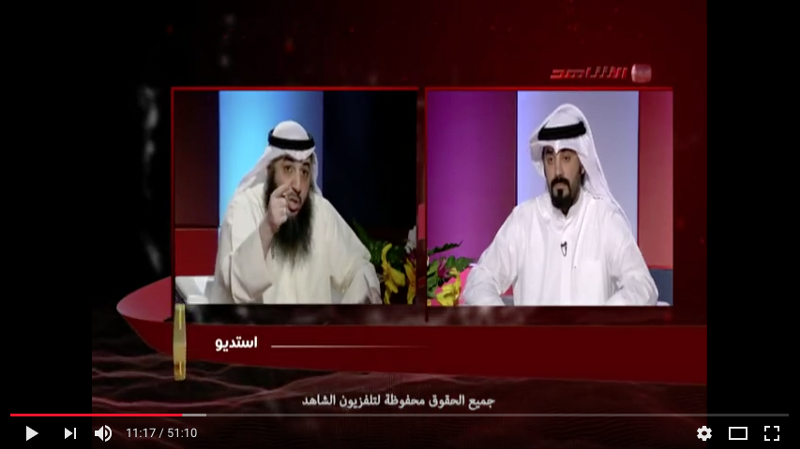
Why should Arab governments tolerate Liberals in their midst? Liberals of course are not owed any sort of special treatment. From the government’s perspective Liberals are not reliable, their political positions are too fluid for the governments’ liking. Liberals also advocate political reforms that will ultimately result in a loosening of the tight grip Arab governments hold on their societies. Having said that, the reason why Arab governments should tolerate Liberals lies in the likelihood that when the Arab governments feel secure enough that they, along with their Ultra Nationalist allies have conquered Political Islam, these very governments will turn to Liberals to temper their battered international image. Liberals will then be given more leeway to criticise Ultra-Nationalists, much to the latter’s surprise. If Arab governments continue to squeeze the space that Liberals operate in there will be few willing Liberals left to turn to. (For more on the role of Liberal voices see The National: An independent intellectual sphere is vital to the Gulf).
It seems that for the foreseeable future the battle would continue to be between Ultra-Nationalists and Islamists, with Liberals awaiting their fate. This precarious situation brings to mind the Alien vs. Predator (2004) tagline: “Whoever wins. We lose.”
This article was originally published in Medium on October 31, 2016. A screenshot of this article can be downloaded here.